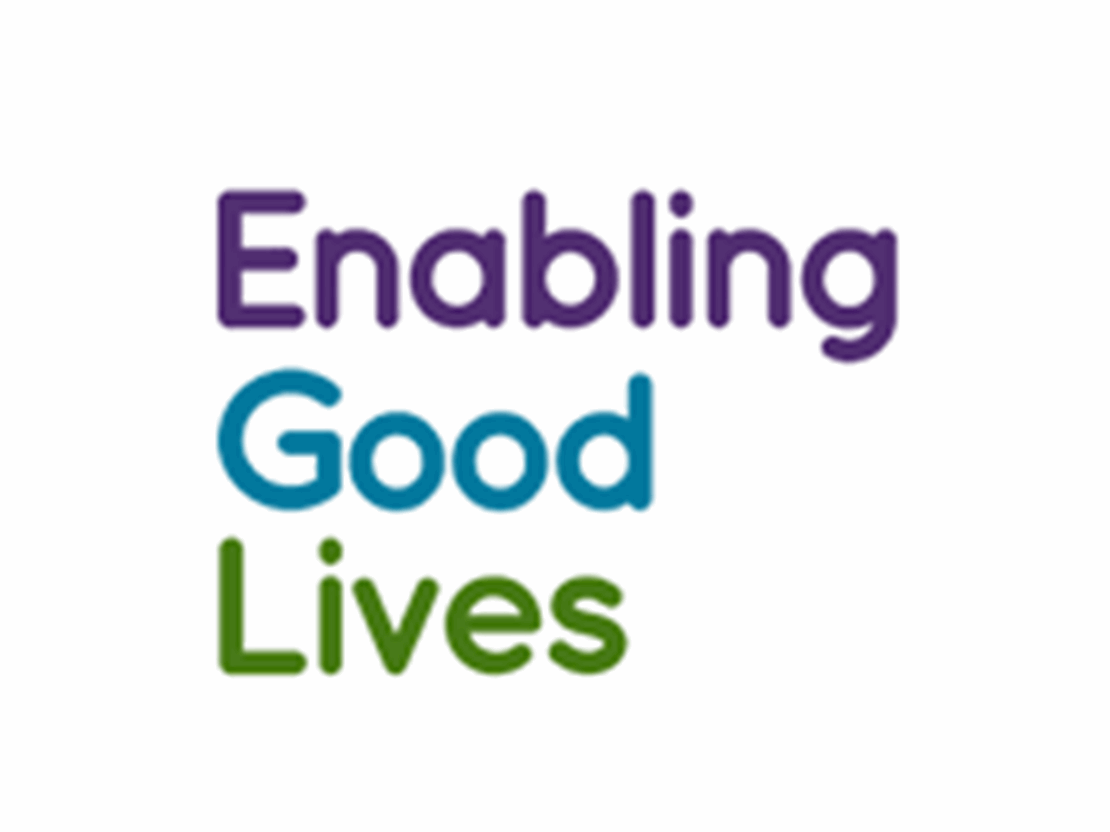Information and advice
Ministry of Health
This is the one true source of all the information you need about Ministry of Health funded disability supports that you can access through us. Please take time to visit the Ministry's website first for disability information and services.
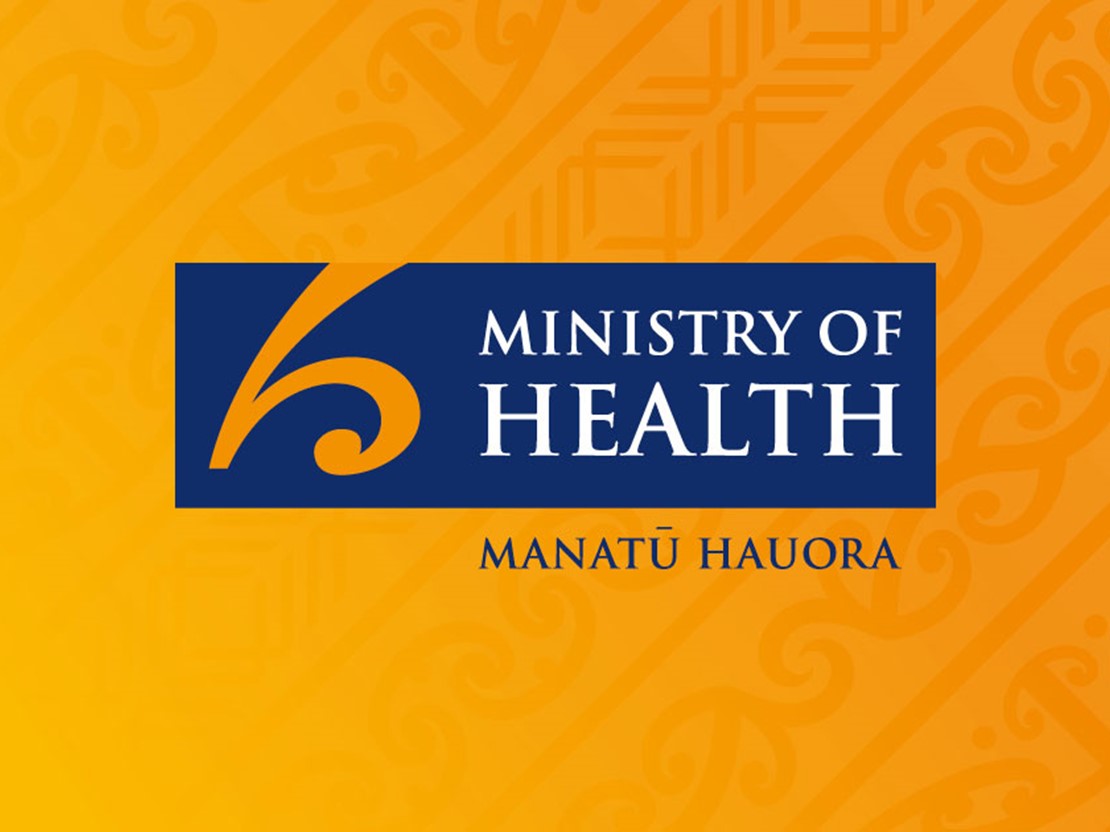
Disability Information Advisory Services (DIAS)
Disability Information Advisory Services (DIAS) provide independent information and advice to disabled people, their families, whānau, aiga, caregivers and providers and the general public.
They can tell you about Ministry-funded and non-Ministry funded disability support services, and how you can find them.
DIAS are also called disability information centres.
There are a handful of DIAS in Auckland and we recommend that you get in touch with one that's near you or feel comfortable talking to.
Here are some DIAS websites you can check out:
Firstport - Based in Palmerston North but their website is comprehensive and have accessibility features.
Disability Connect - Based in Penrose. They organise a lot of support group gatherings and information workshops.
Independent Living Charitable Trust - Based in Royal Oak, Botany South and Browns Bay. They also provide Asian Information Advisory Services. They are formerly known as Independent Living Services or ILS.
Vaka Tautua - Vaka Tautua delivers Disability Advice and Support in a culturally appropriate way for Pacific families throughout New Zealand.
Yes Disability - Yes disability Resource Centre is the hub of information and resources for people with a disability living in North and West Auckland.
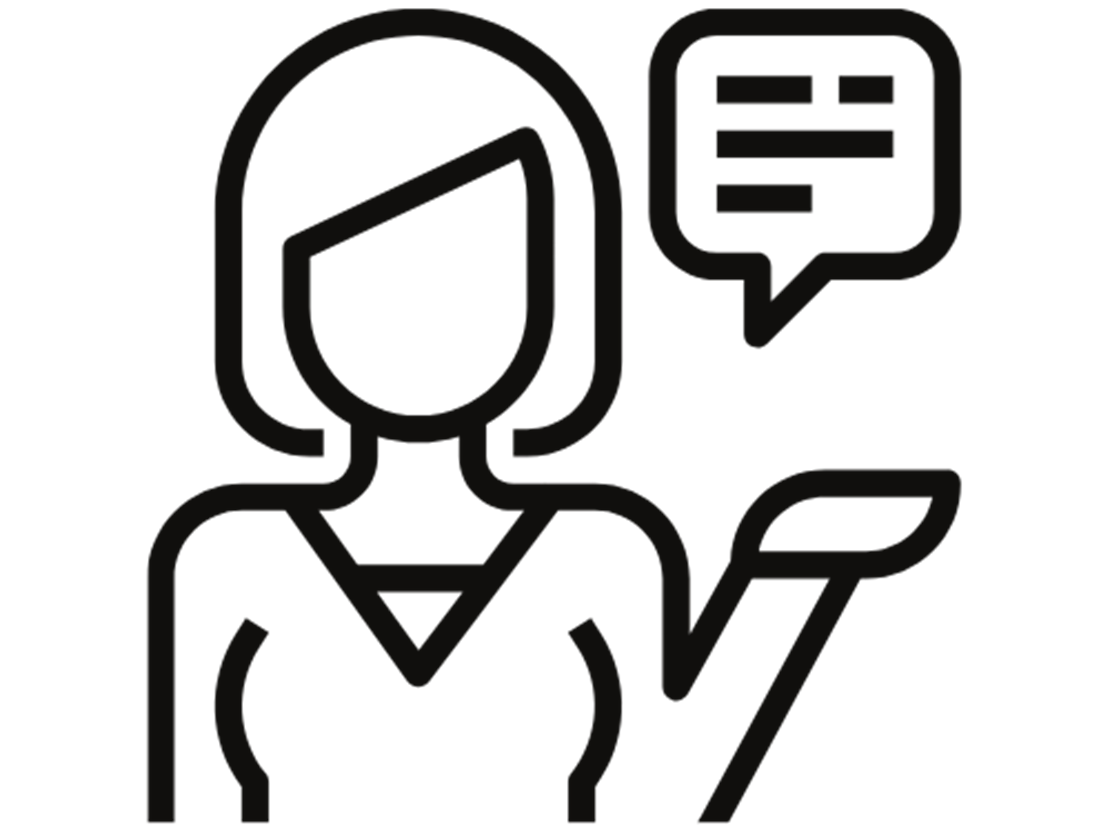
Accident Compensation Corporation (ACC)
If your disability is caused by an injury, ACC can support you. If you feel like you need more support to make an ACC claim, you can contact Way Finders for FREE advice.
Way Finders is a FREE national navigation service that's available to anyone who may have questions about ACC or even a specific ACC claim. Their service is available for people who may want an alternative way to engage with ACC rather than deal with ACC directly.
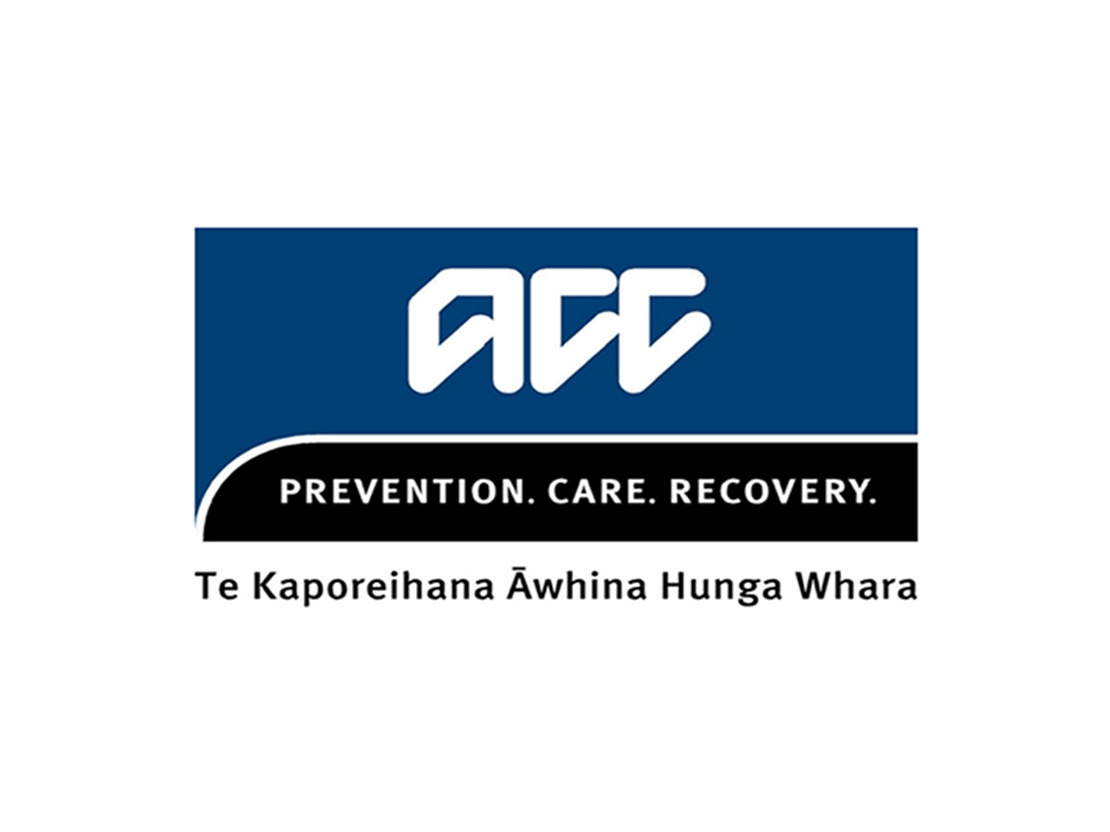
Citizens Advice Bureau
Probably one of the most accessible, reliable and available community resource in our community, many people go to CAB to access JPs, ask information about WINZ benefits, superannuation and immigration queries--all for FREE. They usually hold office in a library or community centre near you. You can also visit their website for a whole lot of information about supports and other financial aid available to you.
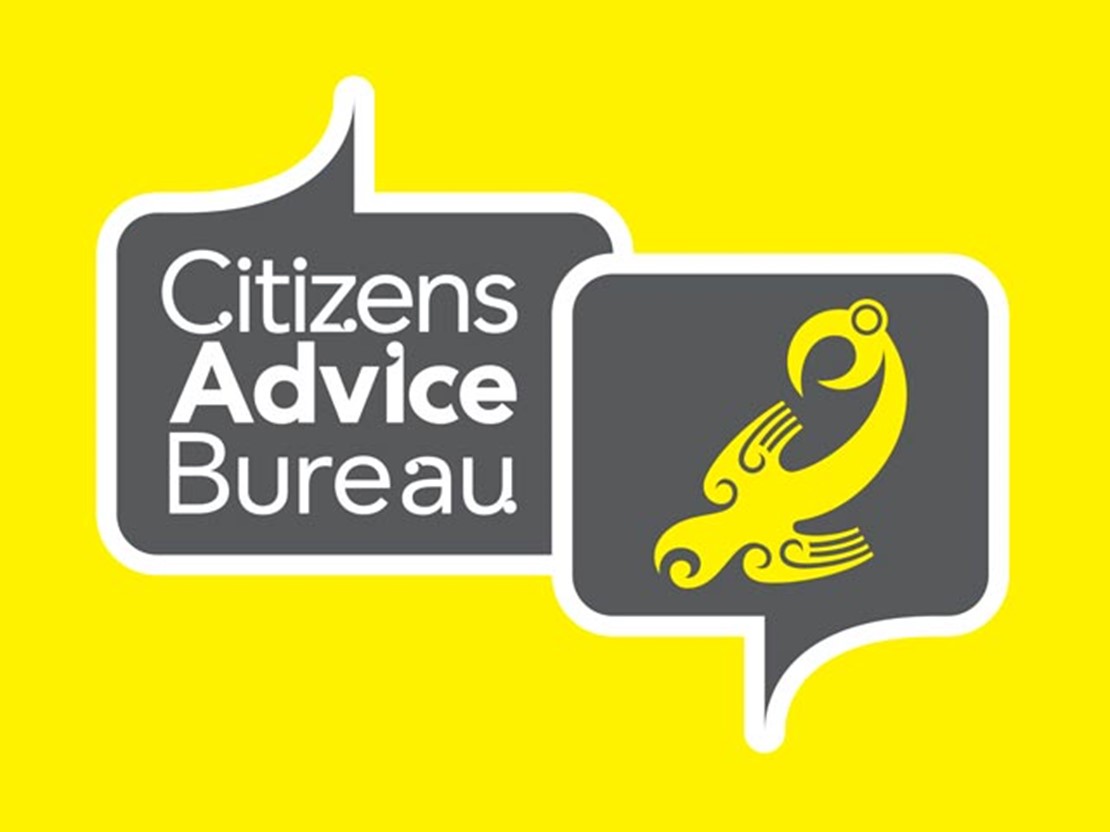
Legislation
Code of Health and Disability Services Consumers' Rights
In New Zealand, when you use a health and disability service you have the protection of the Code of Rights.
For example, you have the right to receive good care and support that suits your needs. You also have the right to make a complaint if you are not happy with the care and support you receive. The Health and Disability Commissioner makes sure that your rights as a health service user is protected.
United Nations Convention on the Rights of Persons with Disabilities
This is the international agreement on the rights of disabled
people. It is also called the Disability Convention.
It sets out what countries have to do to make sure that disabled people have the same rights as everybody else.
Some of the basic ideas of the agreement are:
- disabled people are to be respected for who they are
- everyone should have equal opportunities and equal access
- disabled children should be respected for who they are as they grow up.
Some of the things New Zealand has agreed to are:
- making rules and laws that give disabled people their rights and changing any laws that aren’t fair
- making sure the rights of disabled people to be treated equally are included in all policies
- doing as much as they can to make sure no one discriminates against disabled people.
New Zealand Disability Strategy
New Zealand Disability Strategy looks at the big picture of how the New Zealand Government will do what it agreed to in the Disability Convention. The strategy lasts for 10 years from 2016 to 2026.
The eight outcomes in the strategy are:
- Education
- Jobs and money
- Health and wellbeing
- Accessibility
- Disabled people as leaders
- Disabled people having choices and control over their own lives
- Protecting the rights of disabled people
- Attitudes towards disability
Disability Action Plan
The Disability Action Plan outlines what work needs to be done to make the New Zealand Disability Strategy happen. The plan explains what New Zealand should do from 2019 to 2023.

Advocacy
According to the Citizens Advice Bureau: A health and disability advocate can help you voice any concerns you may have about the quality of service you receive from a health practitioner or disability service provider (e.g. a doctor, residential care facility, home support service).
You can seek a health and disability advocate if you feel your rights under the Code of Health and Disability Services Consumers' Rights have been breached and you aren’t sure what to do to resolve the issue.
Advocacy links

Enabling Good Lives
Enabling Good Lives (EGL) is a new approach in supporting disabled people. The disability sector (which is made up of disabled people, whānau, carers, disability organisations) and government agencies are working together to ensure disabled people and their families are given greater choice, control and flexibility over the supports they receive and the way they lead their lives.
ENDS
